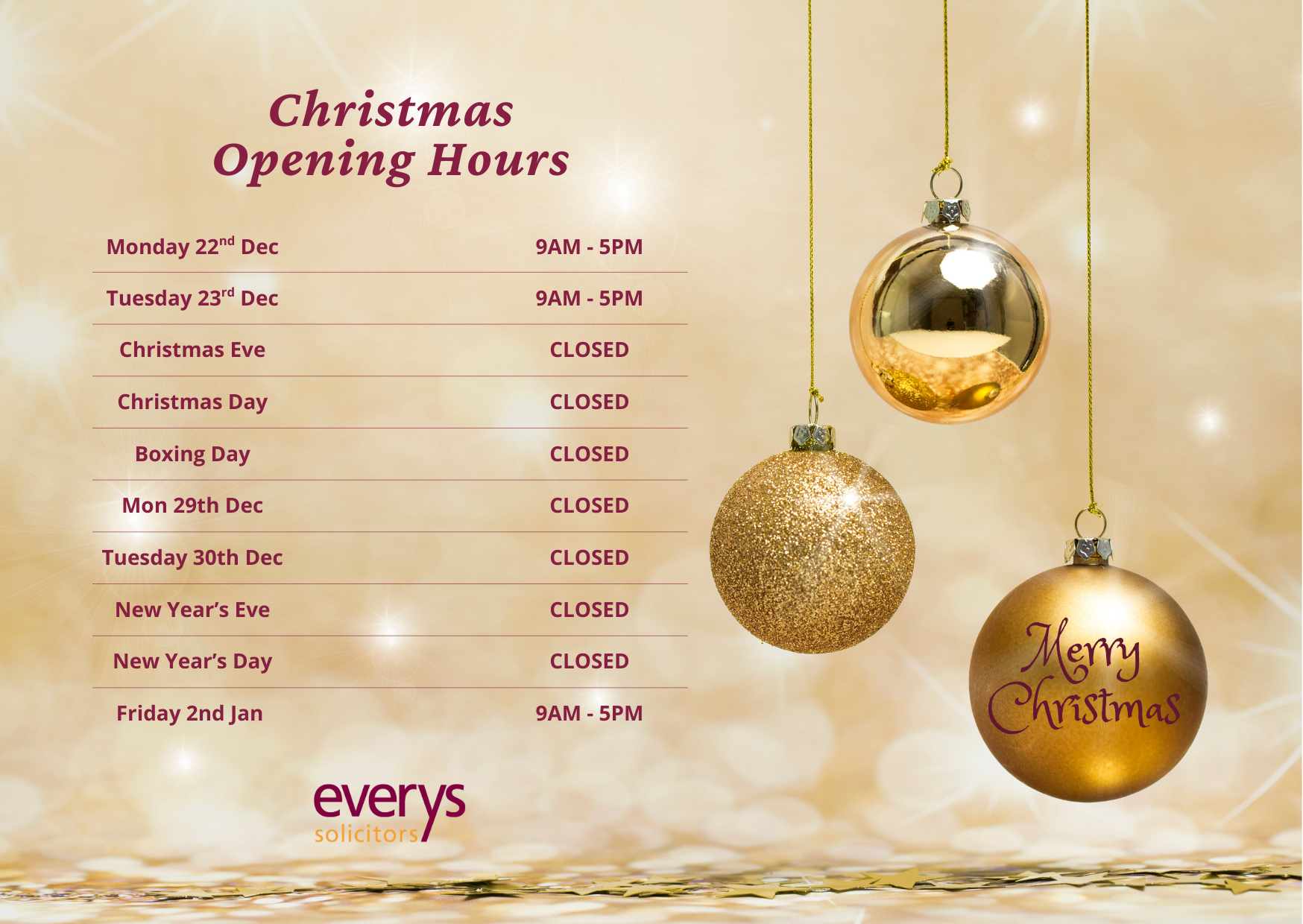Family Mediation Week
Family Mediation Week
As we come to the end of Family Mediation Week in the UK, focus has once again been drawn to the benefits of mediation and the pivotal role it plays in family law. Over recent years there has been an increased drive and focus on the need for alternative dispute resolution, of which mediation is perhaps the most recognisable and well used option. A good, client focused family lawyer should almost always be discussing mediation with their client from the very initial appointment. Whilst there are situations where mediation is not appropriate, it should always be considered as a positive alternative to the traditional litigious approach.
What is mediation?
Mediation provides parties with the opportunity to negotiate with one another in a safe and confidential space, and with the assistance and support of a neutral third party. The mediator should be a professionally trained, and qualified person who will guide and facilitate the discussions, but whom is not there to advise, judge or take sides. Their role is purely to help the parties discuss their issues and assist them in reaching an amicable agreement. Within family law, mediation can be around divorce, property, financial settlement and / or arrangements for children. The process allows each party the control to make their own decisions and find a long-term solution in the best interests of themselves and their families.
What are the benefits of mediation?
Mediation is generally quicker, less stressful and considerably less expensive than using the Court process. It focuses on the issues which are most important to the parties and reduces conflict by supporting communication and helping them to work together and preserve their future relationship.
What does mediation involve?
Mediation will typically involve a number of face-to-face meetings, which are recorded in writing by the mediator. The parties can consult a legal advisor at any time throughout the process, and if an agreement is reached, this is often provided to lawyers at the conclusion, for formalisation into a legally binding document. Mediation is an entirely confidential and privileged process, meaning that discussions cannot be disclosed in any future Court proceedings if the process breaks down.
Is mediation for me?
Statistics over the last few years indicate that in over 70% of cases where mediation is attempted, a settlement is reached. Given the current strains on the family court system, the inevitable delays and the cost implications of taking legal action, mediation cannot and should not be ignored. It is surely more palatable to have control over the agreement you reach with your former spouse than to be informed of the outcome by a Court. Parties are infinitely more likely to accept and comply with a decision they made themselves and particularly so where they have been able to maintain a level of communication with one another rather than sealing the fate of their animosity through the Court process.
If you wish to explore family mediation please contact Donna Hart by emailing [email protected] or calling 01392 848936.

